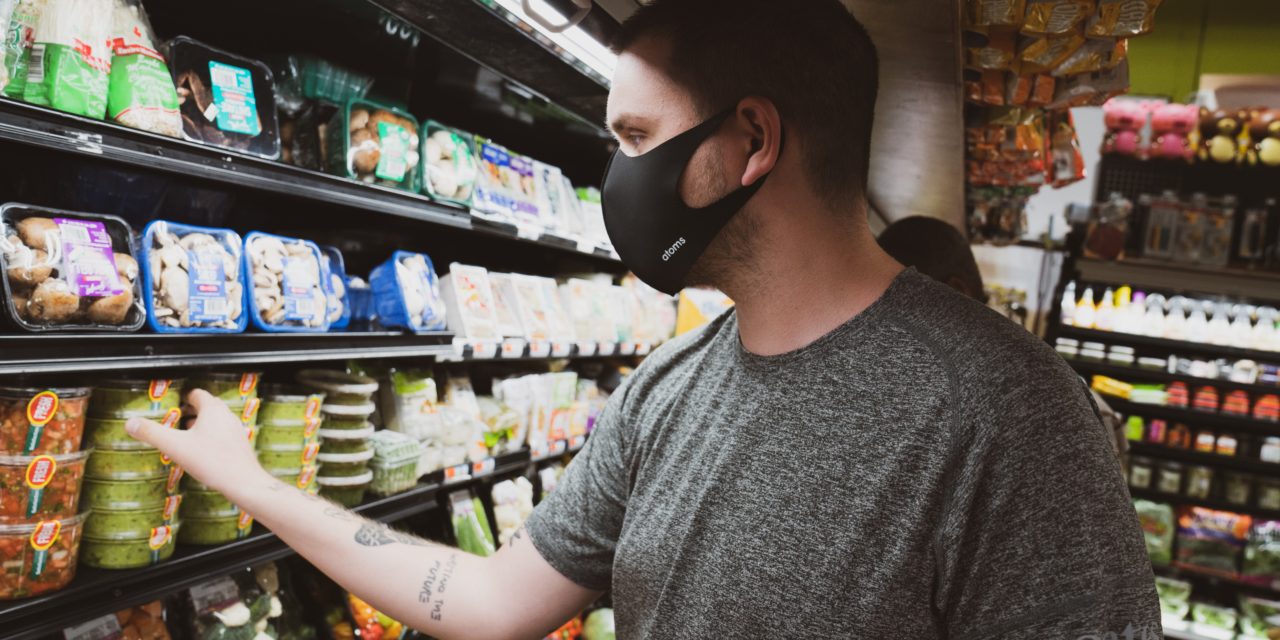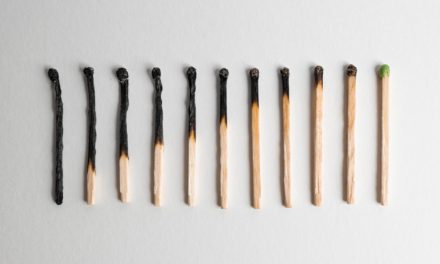No, I don’t mean Personal Protective Equipment. I mean that other PPE—Personal Pandemic Ethics. The PPE we learned about in February of 2020 has become a household name. It has its own Wikipedia page: “Personal protective equipment (PPE) is protective clothing, helmets, goggles, or other garments or equipment designed to protect the wearer’s body from injury or infection. PPE suits can be similar in appearance to a cleanroom suit.”[1]
The PPE I’m writing about—personal pandemic ethics—is even newer than the equipment version. The original PPE was invented and distributed with the best of intentions. It made all of us safer from the dreaded Covid-19 infection. Once encapsulated with proper PPE, frontline health workers could safely nurse some Covid patients back to health. There were many too sick to heal. But at least the healthcare industry did its best.
The political industry was less careful. While most masked up, kept their distance, and worried about infecting other people, many rebelled. And so, a new ethical dilemma arose from their insistence on not masking up, not keeping their distance, and routinely infecting people within their spew range. They did not practice good PPE—personal protective ethics.
And because many people cannot think for themselves, and do what their political favorites ask, they decided they did not need to practice good PPE. I mean, if my Congresswoman need not wear a mask, why I should I wear one? While that may sound simplistic, it isn’t. People follow their political streaks to their deathbeds. And some will be buried next to people they infected, all in the name of “my constitutional rights.”
Jumping from ethics to law, I can say there is no constitutional right to infect someone. It is not always clear why anti-maskers think government orders requiring face coverings in public spaces or those put in place by private businesses violate their constitutional rights. But the constitution is quite clear, as are the courts charged with constitutional interpretation. Mandatory masks do not violate First Amendment rights to speech or assembly.[2] They do not violate the legal rights of maskers or non-maskers in any form or forum. To my knowledge, no reputable lawyer has interpreted the constitution to say that mandatory mask mandates violate a person’s constitutional right to liberty or to decide about their own health and bodily integrity.
A decision to wear a mask in direct opposition to a legally issued mask mandate raises clinical and scientific issues. By October 2020, physicians and other Covid-19 front-line scientists were writing about the inexplicable insistence on the right to infect—by refusing to wear a protective mask.
Despite people’s reasons for not wearing a mask, doing so significantly reduces the risk of infection and transmission of SARS-CoV-2. A recent review found that the chance of infection when wearing a mask was 3% compared to 17% without a mask, a reduction of 85%. Patients who refuse to wear a mask pose a significant threat to health care professionals and other patients in hospitals and clinics. Many of these individuals are immunocompromised and have comorbidities that increase the risk of serious complications from the virus.[3]
There is resistance to mask-wearing despite the clear, uncontroverted data that simple measures of masking and social distancing help save lives. Some refuse for political reasons, seeing it as a symbolic statement. Republicans are less likely to wear masks than Democrats, with less than 50% of Republicans wearing masks compared with over 75% of Democrats. For some, mask-wearing can be viewed as a sign of weakness and shame, particularly for men. Sixty-seven percent of women reported that they wore masks outside compared to just 56% of men.[4] Others may actually choose to not wear a mask as a form of self-preservation. Some Black people have expressed fear of being arrested and targeted by police for wearing masks, leaving them with the difficult choice of deciding which danger is greater—an increased risk of being infected or being a target for police.[5]
For some, to wear or not to wear a mask is a genuine ethical dilemma. Choosing one over the other forces a choice between what they think are equally undesirable outcomes. However, that is specious thinking and life-threatening. The core ethical issue is whether you intentionally risk the lives of others solely for political, vanity, or cultural reasons. Refusal is selfish.
Time Magazine put it this way. “Americans have not always done selfless well. The country’s vast landmass and frontier history have long made American culture one that highly prizes personal freedom—often at the expense of the public good. Enter coronavirus, enter the facemask, and all of that gets exacerbated.”[6]
A properly fitted mask is effective at protecting the wearer from being infected by others, and by protecting others from being infected by the wearer. Those refusing to wear a mask have a cultural right to expose themselves. They do not have the reciprocal—they should not intentionally infect others.
Solely from an ethical perspective, mask and social distancing recommendations are a clear sign that both sides (infected and uninfected) need to follow the science and ethical dicta. The public’s response is troubling at both levels. Infections are up. Ethics are down. The test is whether Americans are breathing safe air and living ethically. My ethical advice is simple—don’t spew—don’t touch—and wash your hands with ethical water.

I am an author and a part-time lawyer with a focus on ethics and professional discipline. I teach creative writing and ethics to law students at Arizona State University. Read my bio.
If you have an important story you want told, you can commission me to write it for you. Learn how.
[1] https://en.wikipedia.org/wiki/Personal_protective_equipment
[2] https://theconversation.com/the-constitution-doesnt-have-a-problem-with-mask-mandates-142335
[3] https://link.springer.com/article/10.1007/s11606-020-06323-x
[4] Ritter Z, Brenan M. New April Guidelines Boost Perceived Efficacy of Face Masks. Gallup. Published May 13, 2020. Accessed June 9, 2020 https://news.gallup.com/poll/310400/new-april-guidelines-boost-perceived-efficacy-face-masks.aspx.
[5] McFarling UL. Many Black men fear wearing a mask more than the coronavirus. Published June 3, 2020. Accessed June 9, 2020. https://www.statnews.com/2020/06/03/which-deamany-black-men-fear-wearing-mask-more-than-coronavirus/.



 I am an author and a part-time lawyer with a focus on ethics and professional discipline. I teach creative writing and ethics to law students at Arizona State University.
I am an author and a part-time lawyer with a focus on ethics and professional discipline. I teach creative writing and ethics to law students at Arizona State University.  My latest novel is Hide & Be.
My latest novel is Hide & Be.  If you have an important story you want told, you can commission me to write it for you.
If you have an important story you want told, you can commission me to write it for you.